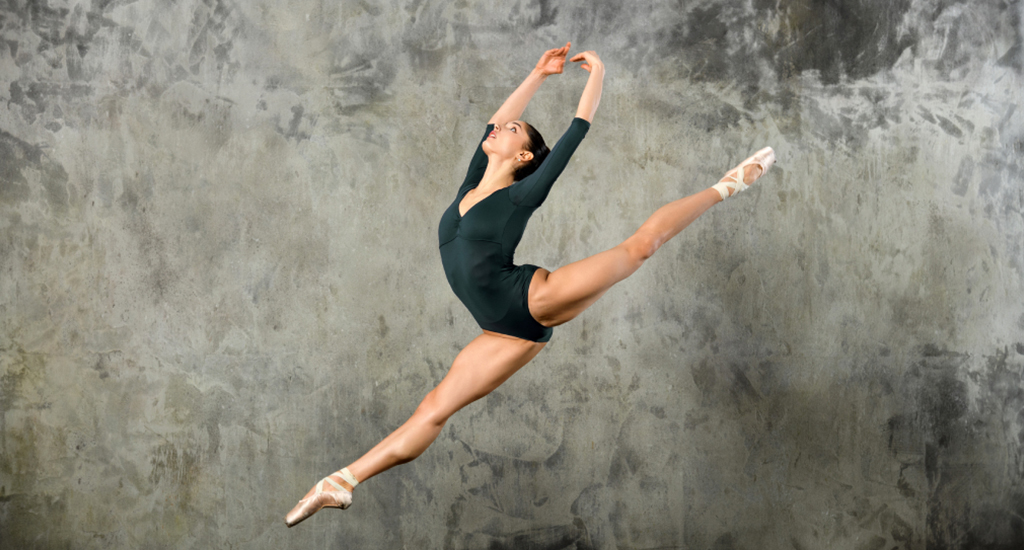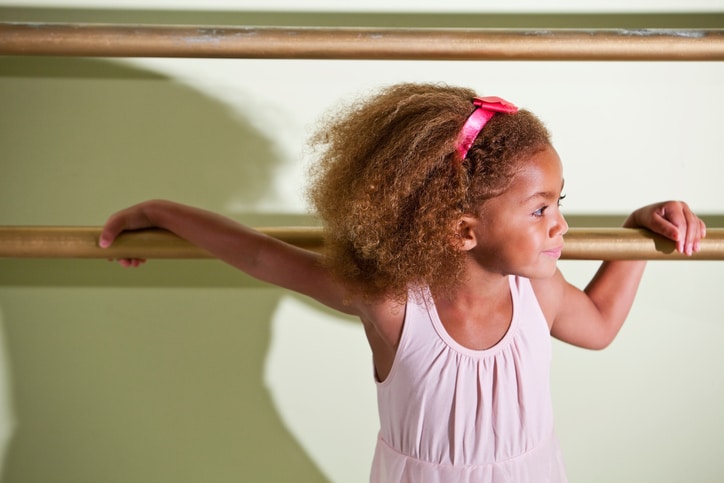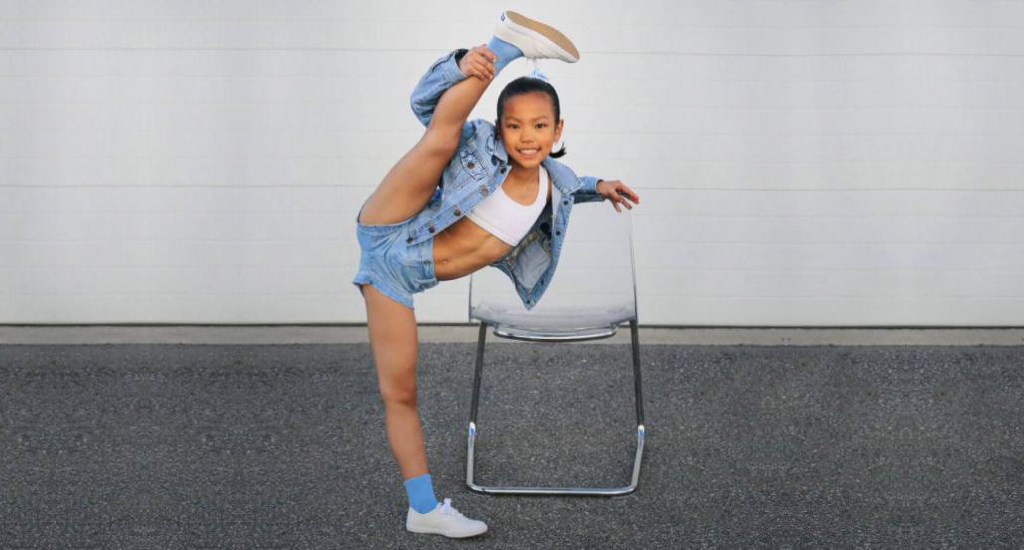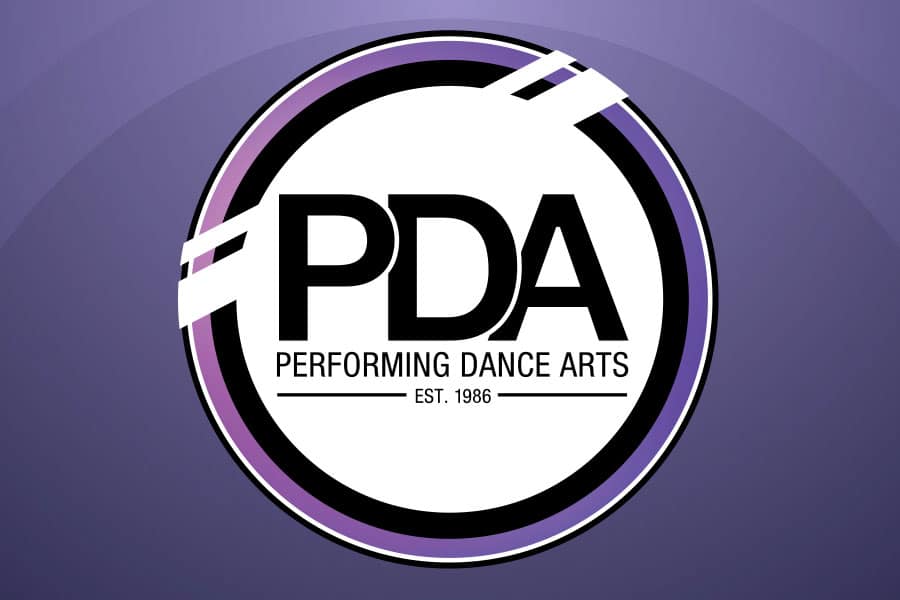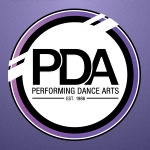Being a professional dancer—or a professional at anything, for that matter—is not easy. Dancers must understand the dedication, commitment, and sacrifices involved in pursuing this type of career. When you’re in an artistic field such as dancing, not only do you have to put in significant effort, but you are subject to other people’s opinions of what “good” and “great” really are.
This can be daunting, which is why so few people actually make it to the professional level of an artistic discipline. However, being a professional dancer can be rewarding in various ways. From teaching and training other dancers to starring on Broadway and in films, a professional dancing career offers endless opportunities.
It all begins with learning and improving your skills while studying the physical, emotional, and mental aspects of dance.
Essential Skills and Training
Below are some of the essential skills dancers must possess to turn their passion into a fruitful career.
Technical Skills
What qualifications do you need to become a professional dancer? On a physical scale, it takes strength, flexibility, balance, coordination, and stamina to complete a performance. While ballet, jazz, hip-hop, and tap have specialized steps, they all share common technical skills. A Professional dancer can benefit from immersing themselves in various styles of dance to improve their skills.
Artistry and Creativity
Beyond the technical lies the realm of artistic interpretation. Dance is not mere motion, but a vehicle for emotion. The ability to interpret music and choreography with expressive finesse allows dancers to convey a story, invoke a mood, and connect with audiences on a deeper level. Cultivating a sense of individuality and personal flair can set a dancer apart in a sea of uniform movements, ensuring a lasting impression is left on the stage.
Physical Fitness
As dancing has become recognized as a sport, a dancer’s ability to handle long hours of training is essential to meeting the physical demands of a performance. Professional dancers are athletes as they must achieve physical strength and dexterity, excellent balance and coordination, and endurance. To obtain a dancer’s stamina, it is important to follow a healthy lifestyle, which includes a proper diet, regular exercise, and sufficient sleep.
Mental Toughness
A professional dancing career can be as painstaking mentally as it is physically. A dancer must be mentally prepared for setbacks due to injuries or failed auditions. Being confident in their abilities, staying motivated, and overcoming adversities are key throughout the journey of becoming a professional dancer. View constructive criticism by professionals in the field as motivation, not as a deterrent.
Training and Education
The educational choices a dancer makes will influence not only their skill set but also their network and opportunities.
Dance Schools and Academies
These are the bedrock of a dancer’s journey, providing structured education and the environment for cultivating a professional mindset from an early age. Dance schools offer a range of programs, from introductory to pre-professional, each tailored to a specific age range and skill level. They often encompass a variety of courses beyond dance, such as choreography and dance history, enriching a dancer’s understanding of their art.
Performing Arts Schools
For those with aspirations beyond dance, performing arts schools provide a comprehensive curriculum that surrounds dancers with actors, musicians, and other arts professionals. Dance is not a standalone art form in performing arts schools; students can expect to engage with various related disciplines, which can lead to broader career horizons in musical theater, film, and television.
College Dance Programs
Dance in a collegiate setting offers a unique blend of academic and performance opportunities, with the potential for earning a degree. As the lines between art and academics blur, college dance programs offer students a chance to dive deep into the theoretical and historical underpinnings of dance, complementing their practical experience with a scholarly approach.
Private Lessons and Personal Coaching
Supplementing formal training with private instruction can foster rapid growth and personalized attention. One-on-one lessons allow for a focus on individual areas of improvement, which can be highly effective in propelling a dancer’s technical and artistic development.
Career Paths for Professional Dancers
There’s more than one career path to becoming a professional dancer.
- Dance Company Dancer: One of the most common dance jobs young dancers aspire to have is that of a dancer for a professional dance company. In this role, a dancer performs various styles and genres of dance regularly. This position involves countless hours of rehearsals and performances that can include touring across the country or world.
- Musical Theatre Performer: Whether on Broadway or at the Royal Theatre, many young dancers dream of having a career as a musical theatre performer. With talents in dancing, acting, and singing, they can use these skills to become a storyteller on stage.
- Commercial Dancer: Commercial opportunities for dancers include film, music videos, cruise ships, tours, and commercial productions. Most commercial dancers are deemed freelancers and can choose the type of position to accept depending on their preferences and skill level.
- Choreographer: A professional dancer may study to begin a career as a choreographer or may switch to the position after years of on-the-job training as a dancer. Dancers can use their artistry and creativity by creating dance routines for events, performances, and competitions.
- Dance Teacher: A dance teacher uses their accredited knowledge, passion, and experience as a professional dancer to teach the skill to others. Providing dance lessons in communities, schools, or studios, dance teachers inspire and help to guide young dancers on the path to success.
Additional Tips for Success
If you dream of dancing professionally, it can be done! Regardless of your abilities, all a dancer needs is a passion for dance, motivation, and a yearning to improve their skills along the way. As with all forms of the arts, dance requires resiliency, patience, self-care, and a desire for knowledge in all things related to dance.
Start Your Journey to Becoming a Professional Dancer at PDA
Performing Dance Arts offers world-class dance classes taught by professional dancers who have graced many recreational and competitive stages. As a well-established dance studio with more than 30 years in business, we provide structured dance training in a variety of styles. We invite you to visit one of our studios and try a class or sign up for one of our auditions.
Call us at (905) 856-1030 (Vaughan) or (647) 640-5010 (Etobicoke) or (647) 262-1550 (Yorkdale) to discuss how we can help you on your dance journey.
